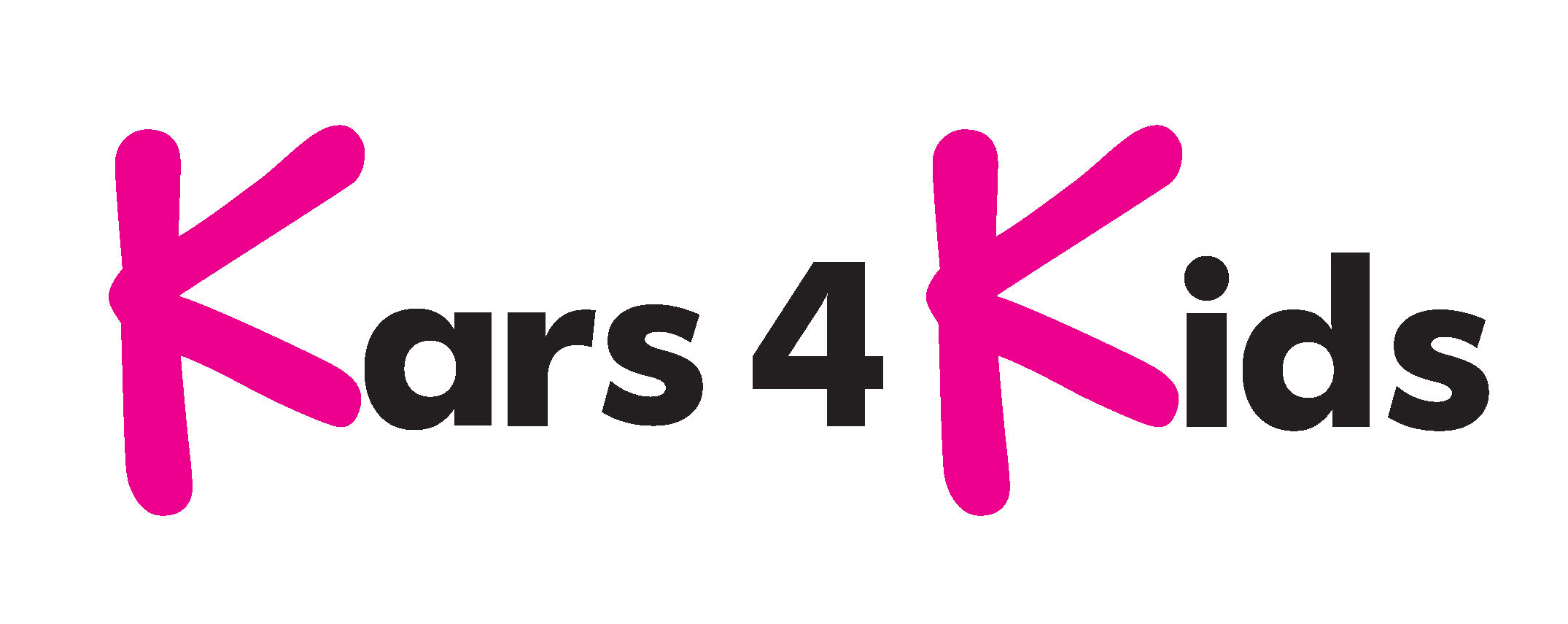Autonomous cars seem like something out of a George Orwell novel, and not quite ready for our world. We worry about the cars malfunctioning and wonder who would be at fault in self-driving car accident. But for fully one-quarter of all Americans, the cars sound absolutely dreamy. That would be Americans with disabilities: the people who can’t just hop in the car to go get a carton of milk, or even to get away for a bit.
A moving article by Brad Templeton in Forbes, details the experience of Steve Mahan, who got to ride in Google’s first self-driving car prototype, for what would become Waymo. Mahan is blind, and according to Templeton, found riding in an autonomous car, “incredibly liberating.” Autonomous cars offer those with disabilities the possibility of not needing to be dependent on others. Which is huge.
University of Pittsburgh researchers, meanwhile, have received a federal grant to study all the ways that the autonomous car industry can serve the disabled. That means our government is looking at creative ways to serve those of us who are differently abled, and that is a wonderful thing, as anyone knows who either has a disability, is related to someone with a disability, or knows someone who lives with some level of impairment. We are probably several years away from the prospect of every blind or disabled person being “liberated” by being able to ride wherever they wish in an autonomous car. But it’s heartening to know we’re getting there.
Quite literally.







3 Responses